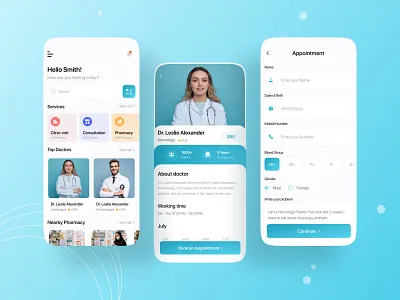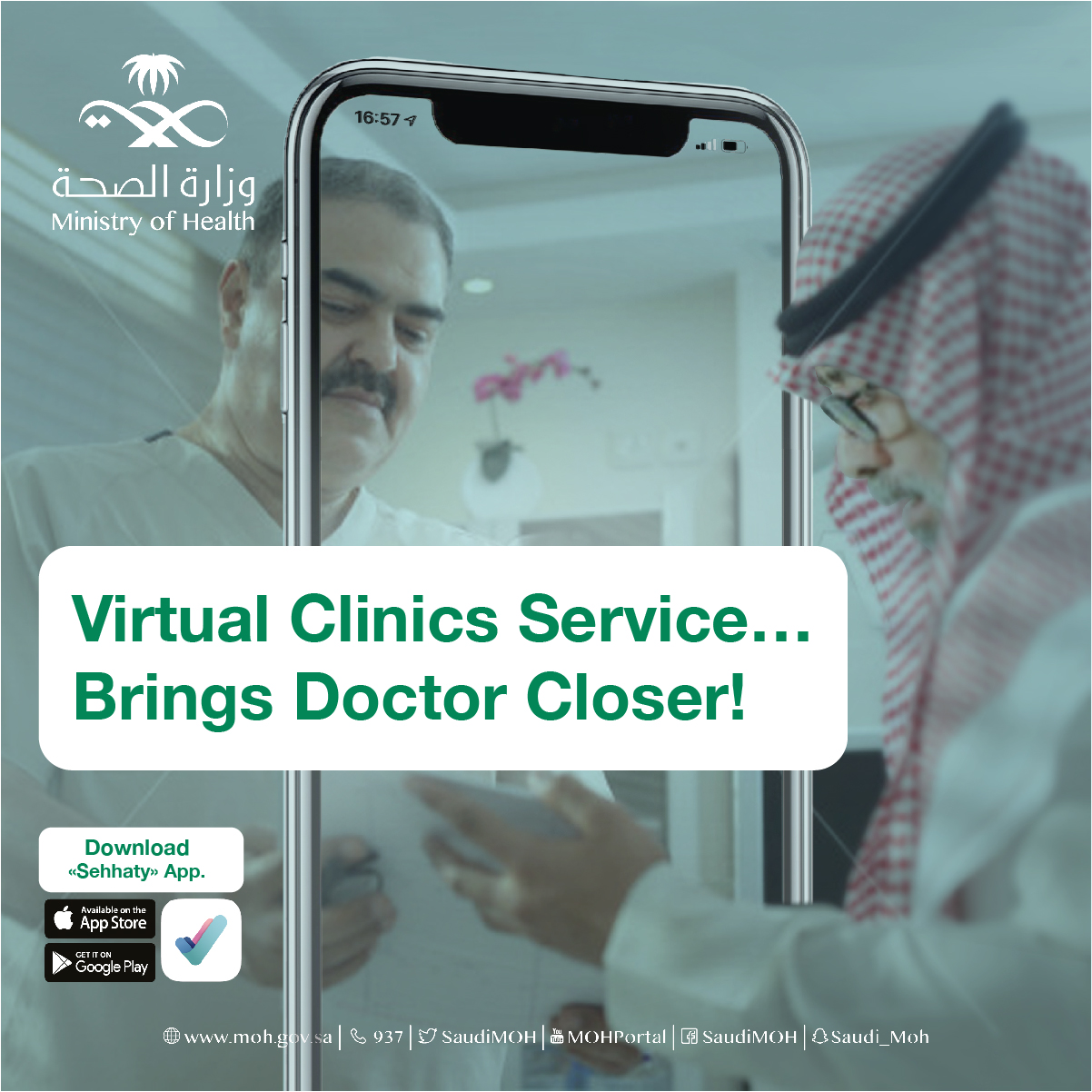The Future of Medical Care: Why Clinics Required a Mobile Application Today
As the healthcare landscape proceeds to evolve, clinics face mounting stress to adjust to person assumptions for better ease and access. The assimilation of mobile applications can offer as an essential approach for boosting person involvement and simplifying procedures.
Transforming Individual Assumptions
As the landscape of health care evolves, person assumptions are undertaking a significant makeover. Today's individuals are progressively looking for benefit, accessibility, and customized treatment.
In addition, clients are ending up being more informed and equipped, usually researching conditions and therapies online prior to examinations. This enhanced recognition is coupled with a demand for transparency in health care procedures, consisting of cost estimates and treatment options. Because of this, suppliers are urged to adjust by adopting electronic devices that enhance the patient experience.
The expectation for timely and efficient interaction has never ever been greater, with numerous people thinking about responsiveness a critical component of quality care. mobile app for clinics. In this evolving landscape, healthcare organizations must recognize these transforming assumptions and leverage mobile applications to foster a more patient-centric approach, ensuring that they not only meet but exceed the standards set by today's enlightened consumers
Enhancing Client Involvement

Mobile applications assist in interaction between clients and doctor, making it possible for real-time appointment scheduling, tips for drug adherence, and direct messaging features. These functionalities not only improve comfort yet also build a sense of responsibility amongst individuals. In addition, mobile applications can offer academic material customized to private requirements, helping clients better comprehend their problems and therapy choices.
The assimilation of gamification elements within health care applications can likewise encourage individuals to involve in healthy actions, strengthening positive way of life modifications. Inevitably, improving patient involvement through mobile applications leads to boosted health and wellness outcomes, higher patient contentment, and a much more joint health care experience.
Simplifying Center Procedures
Improving facility operations is crucial for improving operations efficiency and maximizing patient treatment. The execution of mobile applications can considerably lower administrative problems, allowing health care service providers to concentrate extra on client communications. By automating consultation scheduling, individual check-ins, and payment processes, clinics can lessen wait times and boost general operational effectiveness.
Mobile applications also assist in real-time accessibility to person records, enabling health care specialists to make enlightened choices quickly. This immediacy not only improves the high quality of treatment but also decreases the probability of mistakes related to lost or obsoleted details. Furthermore, leveraging mobile technology supports a much more orderly technique to handling individual follow-ups and therapy strategies, making certain that no critical steps are overlooked.
This enables for prompt replenishment and assists avoid see this disturbances in client treatment due to stock scarcities. By integrating these capabilities into their day-to-day operations, facilities can create a more reliable and cohesive setting, eventually leading to boosted client end results and fulfillment.
Improving Interaction Channels
Reliable communication is frequently pointed out as a foundation of top quality healthcare shipment. In today's busy medical atmosphere, mobile applications can dramatically improve interaction networks between clinics, individuals, and healthcare service providers. By incorporating mobile applications into their operations, centers can promote real-time interactions, making certain that individuals obtain timely details concerning their appointments, test results, and therapy strategies.
Mobile applications also equip people to communicate directly with their health care groups via secure messaging attributes. This straight line of interaction fosters a sense of engagement and permits immediate information of worries, which can bring about far better adherence to therapy methods. Push notices can remind patients of upcoming appointments or medication timetables, lowering no-show prices and enhancing general health outcomes.

Staying Affordable in Healthcare
In a swiftly developing medical care landscape, organizations need to focus on advancement and flexibility to maintain an affordable side. The integration of mobile applications right into medical care services is no much longer optional; it is important for centers intending to enhance client involvement, improve procedures, and boost overall solution distribution.
As patients increasingly depend on electronic systems for health management, centers that fall short to take on mobile technology risk falling back. A well-designed mobile application can supply attributes such as appointment scheduling, telemedicine examinations, and accessibility to clinical documents, giving patients with convenience and fostering loyalty.

Rivals are likewise purchasing mobile solutions, so staying ahead requires continual enhancement and staying informed concerning technological improvements. Centers must not only implement mobile applications but additionally involve in normal updates and refinements. Inevitably, the successful combination of mobile technology will certainly distinguish forward-thinking health care companies and set the standard for hop over to these guys patient-centric care in an electronic globe.
Conclusion
Finally, the integration of mobile applications in clinics is critical to deal with the advancing landscape of client assumptions. By boosting patient interaction, simplifying operations, and enhancing interaction networks, clinics can substantially boost health results. In addition, the fostering of mobile technology settings centers to continue to be affordable useful site in an increasingly digital health care setting. Inevitably, the strategic implementation of mobile apps represents a critical action towards delivering easily accessible and tailored medical care, thereby fulfilling the needs of today's empowered patients.
Ultimately, boosting individual interaction through mobile applications leads to improved wellness results, greater patient satisfaction, and an extra collective health care experience.Mobile apps additionally assist in real-time access to patient documents, allowing healthcare specialists to make educated choices swiftly. In today's hectic medical setting, mobile applications can substantially improve communication networks between clinics, people, and health care suppliers.Mobile apps additionally empower people to interact straight with their health care groups with secure messaging attributes. Ultimately, the calculated implementation of mobile applications stands for an important action toward supplying tailored and obtainable healthcare, thus fulfilling the requirements of today's empowered patients.